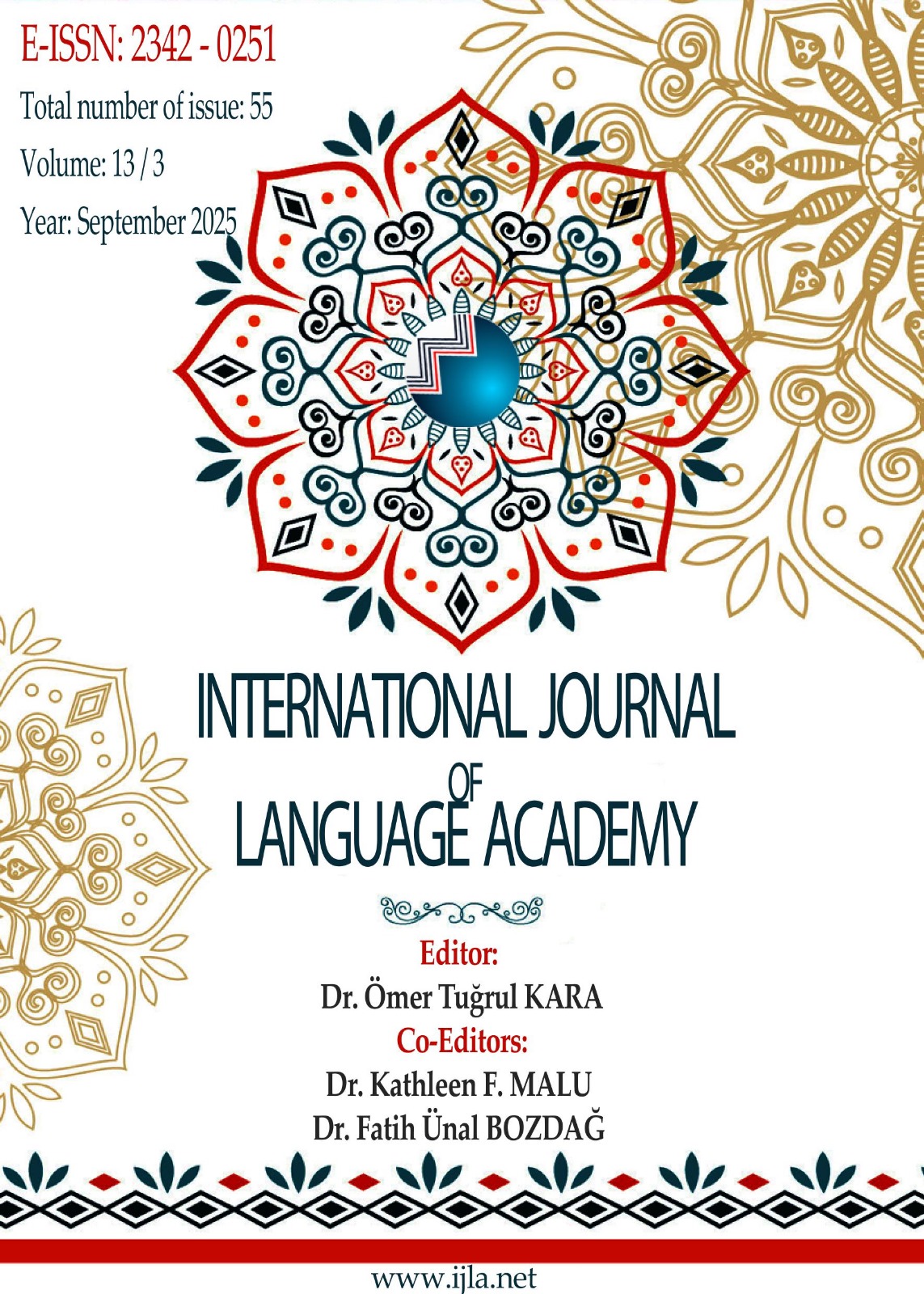EXPLORING RATER PERCEPTIONS IN ARGUMENTATIVE WRITING ASSESSMENT: A QUALITATIVE CASE STUDY OF EXPERIENCE, NATIVENESS, AND RHETORICAL VARIABILITY
Author :
Abstract
Keywords
Abstract
This exploratory case study set out to investigate how rater background and experience influence the evaluation of argumentative student writing in an English-medium university. Drawing on think-aloud protocols (TAPs) from four instructors—two native and two non-native English speakers with varying levels of experience—the study explores grading tendencies and perceptions of rhetorical structures. The gathered data from TAPs were transcribed verbatim and then content-analyzed. It is essential to note that rather than establishing causal relationships, the study aims to describe patterns of evaluation and reflect on how raters interpret texts from culturally diverse students. Findings indicate that native raters tended to demonstrate more flexibility in evaluating rhetorical intent and audience, focus on various aspects while evaluating the argumentative paragraphs. However, non-native raters dwelled more on formal correctness and were more intolerant of some ideas put forward in the argumentations. The study also shows the considerable difference in the grading patterns of the participants. These findings underscore the need for inclusive rater training and greater awareness of rhetorical diversity in writing assessment. Moreover, they demonstrate the efficacy of TAPs as a valuable methodological tool for investigating the cognitive processes engaged by writing instructors during the evaluation of L2 student texts at the university level.





